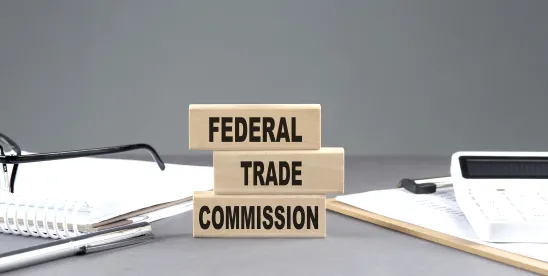What Are Common Provisions in Stipulated FTC Orders?
What if a Defendant Fails to Comply with an FTC Stipulated Order?
In the even that a Respondent fails to take their order compliance obligations seriously, including, but not limited to, timely submitting required reports, can result in the FTC pursuing an enforcement action. During the pendency of the order, the FTC may require the production of documents, initiate compliance investigations and seek enforcement and the imposition of penalties if Respondents fail to meet their obligations to comply with any term of an order.
What Level of Detail Must be Contained in Compliance Reports?
Compliance reports must include a meaningful level of detail so that any report, including the information and documentation submitted, will be sufficient for the FTC to determine whether Respondents have taken the steps required to comply with each individual provision of the order.
When appropriate, copies of relevant documents or other evidence should be submitted with the reports to demonstrate compliance. For example, business activities, and whether and how a Respondent is in compliance with each section of the order. Reports that are vague, generalized, inaccurate, misleading or conclusory are likely to be deemed insufficient, as may reports that omit relevant information that could affect the FTC’s determination whether the Respondent is fulfilling its obligations under the order.
Reporting requirements are in addition to the substantive obligations of the order, which directly address the Respondent’s alleged legal regulatory violations. When the Respondent is meeting all of its obligations contained in the order’s affirmative provisions, compliance reports are an important way to confirm that to the FTC. Where the Respondent has affirmative order obligations with deadlines, or where expeditious compliance is critical to achieving the order’s remedial goal of protecting consumers, compliance reports are critical to the FTC’s ability to oversee and enforce compliance with an order.
Respondents should expect FTC staff to play an active role in ensuring that parties comply with their reporting obligations. This is how the FTC determines whether the Respondent is fulfilling its legal obligations and whether the remedy will achieve its purpose.
Contact an Experienced FTC Compliance Report Attorney and Plan Ahead to File Detailed Compliance Reports
Respondents should plan ahead by contacting an experienced FTC compliance report attorney in order to file a detailed and adequate compliance report. Doing so may go a long way to avoid a potential enforcement action, as well as enable a Respondent to detect and correct areas of possible non-compliance promptly. Additionally, having no or an inadequate order compliance oversight process can lead to order violations, enforcement actions, and civil penalties.
Failing to submit a complete compliance report can also lead to civil penalties, even in the absence of any violation of the order’s other terms. Submitting a misleading, incomplete, or seriously deficient report can, in appropriate circumstances, constitute an independent order violation and serve as evidence of bad faith in an order enforcement action for civil penalties and other relief. If a Respondent submits a conclusory, unsupported, or otherwise deficient report, the FTC can require a supplemental report to correct the deficiency.




 />i
/>i

